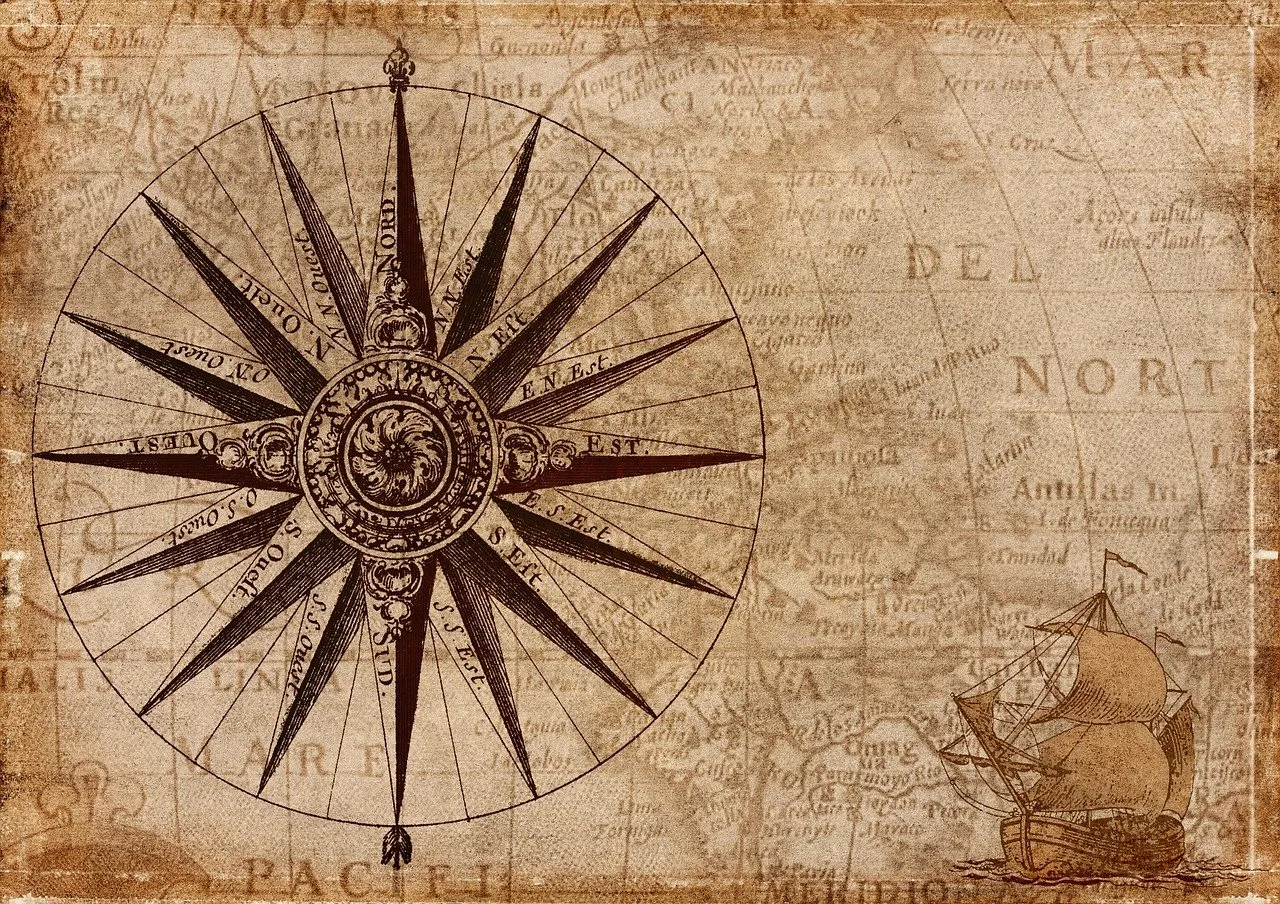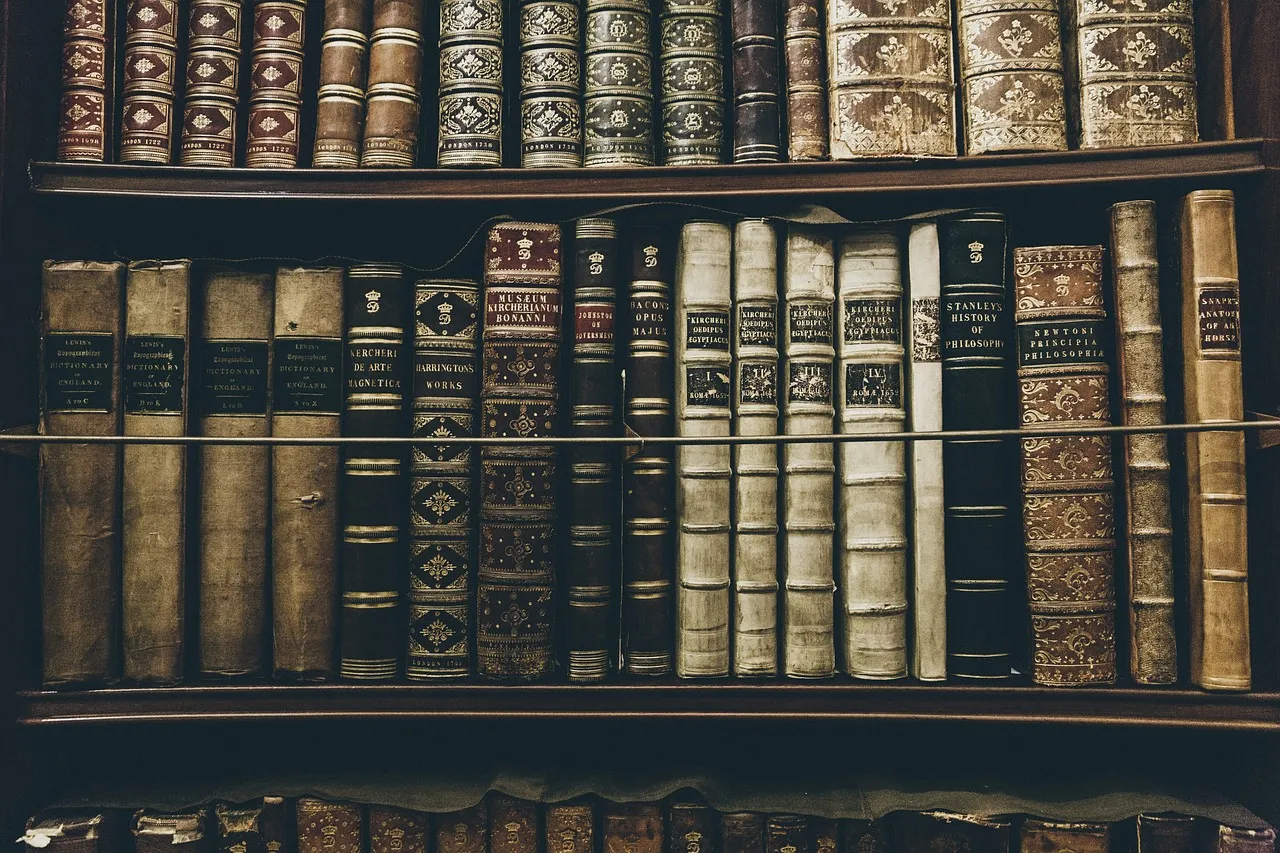
La historia no es solo una colección de fechas y eventos del pasado; es el relato vivo de la humanidad, un espejo en el que podemos ver reflejados nuestros éxitos, errores y aprendizajes a lo largo del tiempo. A través del estudio de la historia, comprendemos cómo llegamos hasta aquí, qué decisiones moldearon nuestro presente y qué lecciones podemos aplicar para construir un futuro mejor.
br>
Tres hechos históricos que han marcado un antes y un después en la humanidad son:
- El nacimiento de Cristo (aprox. 4 a.C.): Un evento que ha tenido un impacto incalculable en la historia del mundo. Jesús de Nazaret, cuya vida y enseñanzas dieron origen al cristianismo, influenció profundamente la cultura, la moral, y las estructuras sociales y políticas de Occidente. Su legado sigue siendo central en las creencias y valores de millones de personas en todo el mundo.
- La Segunda Guerra Mundial (1939-1945): Uno de los conflictos más devastadores de la historia, que no solo resultó en la pérdida de millones de vidas, sino que también remodeló el mapa político del mundo. El surgimiento de nuevas potencias, la creación de la ONU, y la Guerra Fría son algunos de los impactos duraderos de este conflicto.
- La caída del Muro de Berlín (1989): Este evento simbólico marcó el final de la Guerra Fría y la reunificación de Alemania, representando un triunfo para la democracia y la libertad en Europa. La caída del muro no solo significó el fin de una era de división, sino también un renacimiento de las esperanzas para un mundo más unido.
Cada civilización, cada cultura, ha dejado un legado que sigue influyendo en nuestra vida diaria, desde las leyes que rigen nuestras sociedades hasta las costumbres y tradiciones que celebramos. Al entender el contexto histórico, no solo adquirimos conocimiento, sino que también desarrollamos una mayor empatía y comprensión hacia las diferentes formas de vida y pensamiento.
En un mundo que avanza rápidamente, a veces olvidamos mirar hacia atrás. Sin embargo, la historia nos recuerda que los desafíos que enfrentamos hoy, en muchos casos, ya fueron vividos por nuestros antepasados. Ellos, con sus aciertos y errores, nos enseñan que el progreso no es lineal, y que cada paso adelante requiere aprendizaje y adaptación.
Estudiar la historia no es solo una manera de honrar a quienes vinieron antes que nosotros, sino también una herramienta poderosa para evitar repetir los errores del pasado. Al conocer nuestras raíces, nos empoderamos para tomar decisiones más informada
s y responsables, contribuyendo así a un legado del que las futuras generaciones puedan estar orgullosas.

**** English versión****
History is not just a collection of dates and events from the past; it is the living narrative of humanity, a mirror in which we can see our successes, mistakes, and learnings reflected over time. Through the study of history, we understand how we got here, what decisions shaped our present, and what lessons we can apply to build a better future.
Three historical events that have marked a before and after in humanity are:
- The birth of Christ (approx. 4 BC): An event that has had an incalculable impact on world history. Jesus of Nazareth, whose life and teachings gave rise to Christianity, profoundly influenced the culture, morality, and social and political structures of the West. His legacy remains central to the beliefs and values of millions of people around the world.
- World War II (1939-1945): One of the most devastating conflicts in history, which not only resulted in the loss of millions of lives, but also reshaped the political map of the world. The rise of new powers, the creation of the UN, and the Cold War are some of the lasting impacts of this conflict.
- The fall of the Berlin Wall (1989): This symbolic event marked the end of the Cold War and the reunification of Germany, representing a triumph for democracy and freedom in Europe. The fall of the wall not only meant the end of an era of division, but also a rebirth of hopes for a more united world.
Every civilization, every culture, has left a legacy that continues to influence our daily lives, from the laws that govern our societies to the customs and traditions we celebrate. By understanding the historical context, we not only gain knowledge, but also develop greater empathy and understanding towards different ways of life and thought.
In a world that moves forward quickly, we sometimes forget to look back. However, history reminds us that the challenges we face today were, in many cases, already lived by our ancestors. They, with their successes and mistakes, teach us that progress is not linear, and that each step forward requires learning and adaptation.
Studying history is not only a way to honor those who came before us, but also a powerful tool to avoid repeating the mistakes of the past. By knowing our roots, we empower ourselves to make more informed and responsible decisions, thus contributing to a legacy that future generations can be proud of.

Estoy muy entusiasmada con la posibilidad de conocer personas creativas de todas partes del.mundo. Que Dios nos bendiga a todos.
######I am very excited about the possibility of meeting creative people from all over the world. May God bless us all. ***
I hope you liked my post.
Espero que te haya gustado mi publicación.
Traducciones realizadas con el Traductor Google

Fuente
.jpg